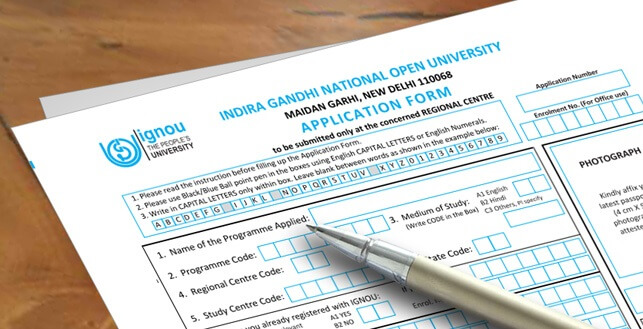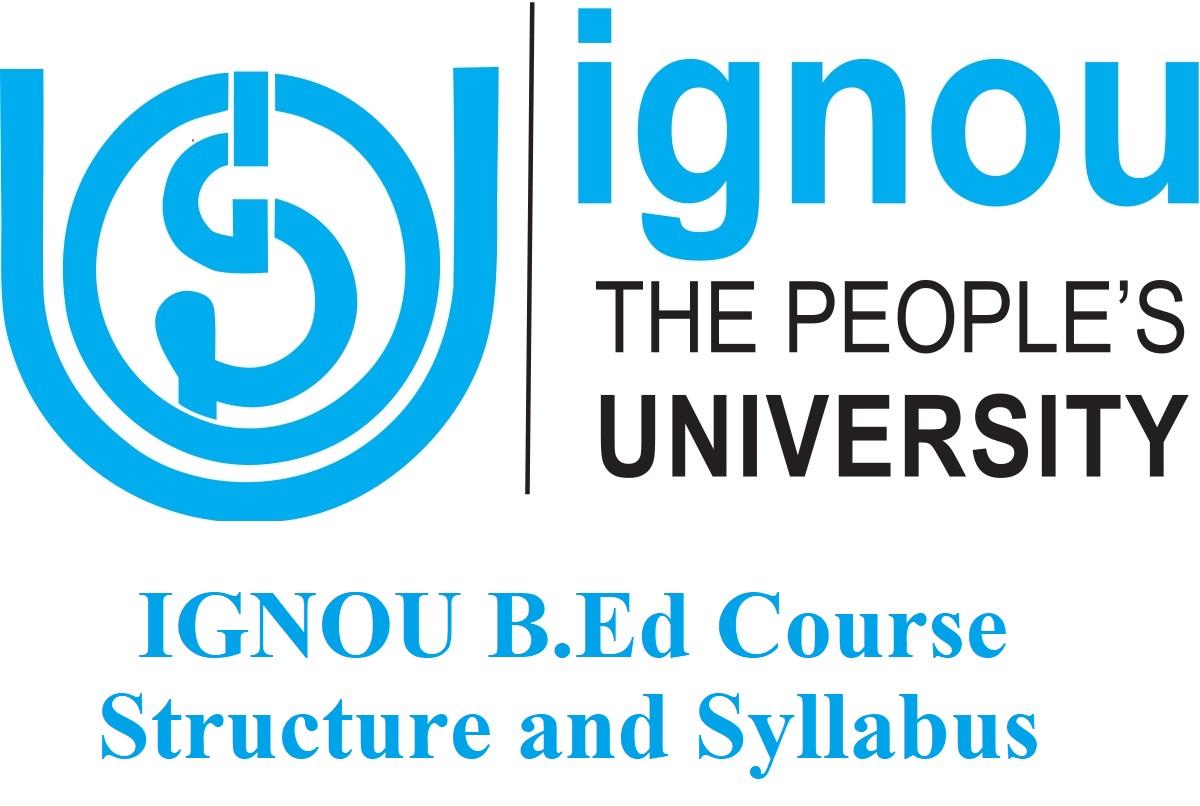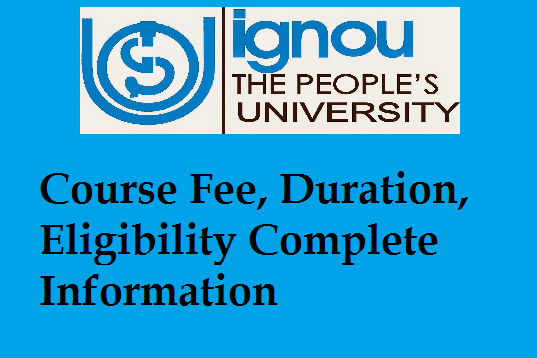IGNOU News is a leading Web Portal to provide help and assistance to IGNOU Aspirants. IGNOU News provides you every notification or update regarding IGNOU at priority. You can navigate to all IGNOU Study Materials, Syllabus, Course and Credit Sysatem details. You can also get IGNOU Assignments directly from our website. This website also provides you Solved IGNOU Assignments for 100% Free. This Portal is designed to serve IGNOU students better and better. We aim to provide you smooth and soft experience for students seeking for help.
IGNOU Admission 2024

IGNOU Admission July 2021 Started, Apply Online, Fees, Procedure, Helpline, & Eligibility
IGNOU Admission for Session July 2021 has started. If you want to get all the information of IGNOU Admission July 2021 or want to apply for IGNOU click on the link.

IGNOU Common Prospectus Jan 2021
Get IGNOU Common Prospectus for Admission with all details of admission, Fees and other details

IGNOU Certificate in Yoga Course Admission & Details
IGNOU is offering Admission in India's ancient masterpiece Yoga. Get all details and Apply
IGNOU Latest Updates
♦ IGNOU Date Sheet for TEE December 2021 released. Check Now.![]()
♦ IGNOU TEE June 2021 Exam Result Declared.![]()
♦ IGNOU Re-Evaluation Result June 2021 declared. Click to check your result![]()
♦ IGNOU B.Ed Entrance Exam Result 2021 Declared. Check Now.
♦ Last Date Extended for Online submission of Project works, journals etc , Get all details.
♦ Apply Online for IGNOU Re-Evaluation and photocopy of answer sheet.
Most Searched IGNOU Topics
IGNOU Online Services for e-learning

IGNOU Gyan Darshan
IGNOU Gyan Darshan is TV channel which is available on all Dish & Cable platforms. It is a free channel. Get all Details and Lecture Schedules.

IGNOU GyanDhara
IGNOU Gyandhara is a live radio channel. This provides audio classes to IGNOU Students. Get details and Schedule of audio lectures.

IGNOU eGyankosh
IGNOU eGyankosh is the digital library of IGNOU. Where you can find all IGNOU Syllabus books in PDF form. Get all details and links for eGyankosh

IGNOU e-learning Services
IGNOU provides the facility of webcast through this website. Through the webcast, you can access s EDUSAT, Gyandarshan, and Gyanvani.
IGNOU Various Helpful Links
IGNOU Popular Courses

IGNOU MBA Admission, Syllabus, Fees & Details
Get all details about IGNOU's most popular MBA course including OPENMAT, Syllabus, Fees, Eligibility & Details on IGNOU News

IGNOU B.Ed Admission, Syllabus, Fees & Eligibility
IGNOU B.Ed Course is one of the most popular course in IGNOU. Get details about Entrance, Admission & Course details.

IGNOU Post Basic B.Sc Nursing Admission
IGNOU Post Basic B.Sc Nursing is also an Entrance based IGNOU Course. Get Eligiblity, Fees, and other Details on IGNOU News

IGNOU P.H.D Admission, Entrance and Details
IGNOU also offers P.H.D in distance mode. IGNOU News is providing you details about P.H.D Admission and Eligibility
Frequently Asked Questions about IGNOU
How to get Official Transcript from IGNOU?
Procedure to Change Course/Subject/Elective/Medium in IGNOU?
How to Calculate IGNOU Percentage Online?
How to apply online for IGNOU original degree?
Procedure to Check IGNOU Study Material Dispatch Status online?
How to Download and check Online IGNOU ID Card Status?
How to Change Study Center Online in IGNOU?
How to submit IGNOU Assignments Online 2020?
Procedure to get IGNOU Migration Certificate?
How to Check IGNOU Grade Card Status Online?
How to Check IGNOU Mark sheet Dispatch Status Online & Duplicate Grade Card, Degree & Certificates
Complete process to Get Back Lost Identity ID Card Online in IGNOU
Thank You for Visiting our Website .Bookmark this page for getting all latest update and News about IGNOU on Our Site. We will try to serve our best to bring You all latest IGNOU Updates, Courses Details, Study Material and Solved IGNOU Assignment for 100% free. If You have any issue with any article on our website or if you have any query just comment on any article on this website. Team IGNOU News wishes a you having a great experience studying in IGNOU. Best Wishes..
